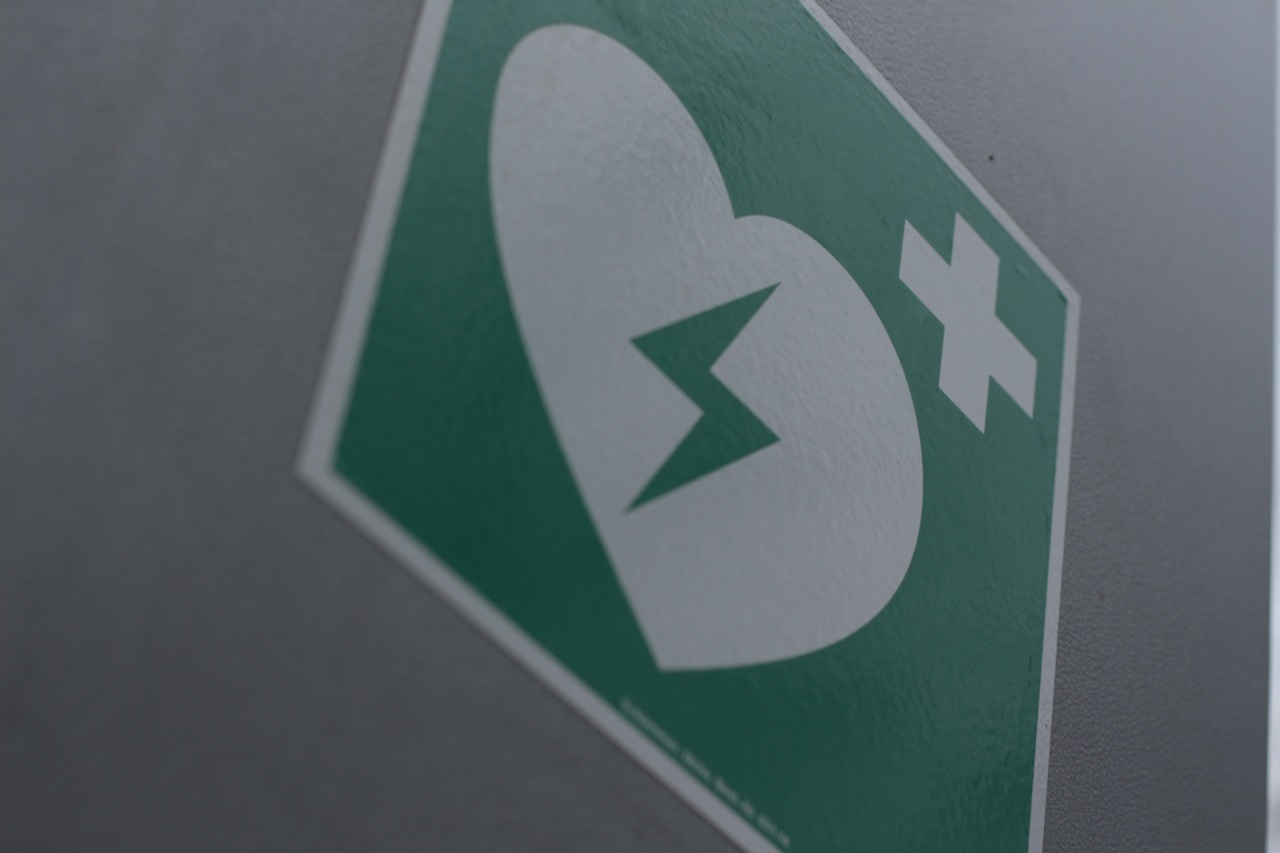Coronary heart problems, also known as coronary artery disease (CAD), occur when the blood vessels that provide oxygen and nutrients to the heart muscle become narrowed or blocked.
This condition can lead to various complications, including chest pain (angina), heart attacks, and even heart failure. Recognizing the signs and symptoms of coronary heart problems is crucial for early detection and timely treatment. In this article, we will uncover the common warning signals that may indicate the presence of coronary heart problems.
1. Chest Discomfort or Pain
One of the primary signs of coronary heart problems is chest discomfort or pain, often described as a tightness, pressure, squeezing, or burning sensation.
This pain may originate in the center of the chest and radiate to other areas, such as the arms, jaw, neck, back, or even stomach.
2. Shortness of Breath
Feeling breathless or unable to catch your breath with minimal exertion or while at rest can be a symptom of coronary heart problems.
This occurs because narrowed or blocked arteries limit the amount of oxygen-rich blood reaching the heart, leading to a feeling of breathlessness.
3. Fatigue and Weakness
Individuals with coronary heart problems often experience persistent fatigue and weakness. The inadequate blood supply to the heart muscle can result in reduced energy levels and excessive tiredness, even during routine activities.
4. Dizziness and Fainting
In some cases, coronary heart problems can cause dizziness and fainting spells. When the heart fails to pump an adequate amount of blood, it can lead to a sudden drop in blood pressure, resulting in dizziness or syncope (fainting).
5. Rapid or Irregular Heartbeat
A rapid or irregular heartbeat, also known as palpitations, can be a sign of coronary heart problems.
When the heart’s blood supply is compromised, it may affect the heart’s electrical system, leading to abnormal heart rhythms or an increased heart rate.
6. Nausea and Vomiting
Some individuals with coronary heart problems may experience persistent nausea, indigestion, or vomiting. These symptoms can occur due to reduced blood flow to the digestive system as a result of blocked or narrowed coronary arteries.
7. Sweating
Excessive sweating, often described as cold sweats, can manifest as a symptom of coronary heart problems. This profuse sweating may occur even without excessive physical exertion or in a cool environment.
8. Anxiety and Restlessness
Feelings of extreme anxiety, restlessness, or a sense of impending doom can sometimes be associated with coronary heart problems.
These psychological manifestations may arise due to the lack of oxygen and nutrient supply to the brain due to narrowed or blocked coronary arteries.
9. Swelling in the Legs, Ankles, or Feet
In advanced stages of coronary heart problems, fluid retention can occur, leading to swelling in the legs, ankles, or feet.
This swelling, called edema, develops due to the heart’s decreased ability to pump blood efficiently, leading to fluid accumulation in the lower extremities.
10. Unexplained Weight Gain
Unexplained weight gain can be another sign of coronary heart problems. As fluid retention occurs, it can cause an unexpected increase in body weight, even without dietary changes.
If you or someone you know experiences any of these signs or symptoms, it is crucial to seek medical attention promptly.
Early diagnosis and treatment can significantly improve outcomes and reduce the risk of complications associated with coronary heart problems.





























